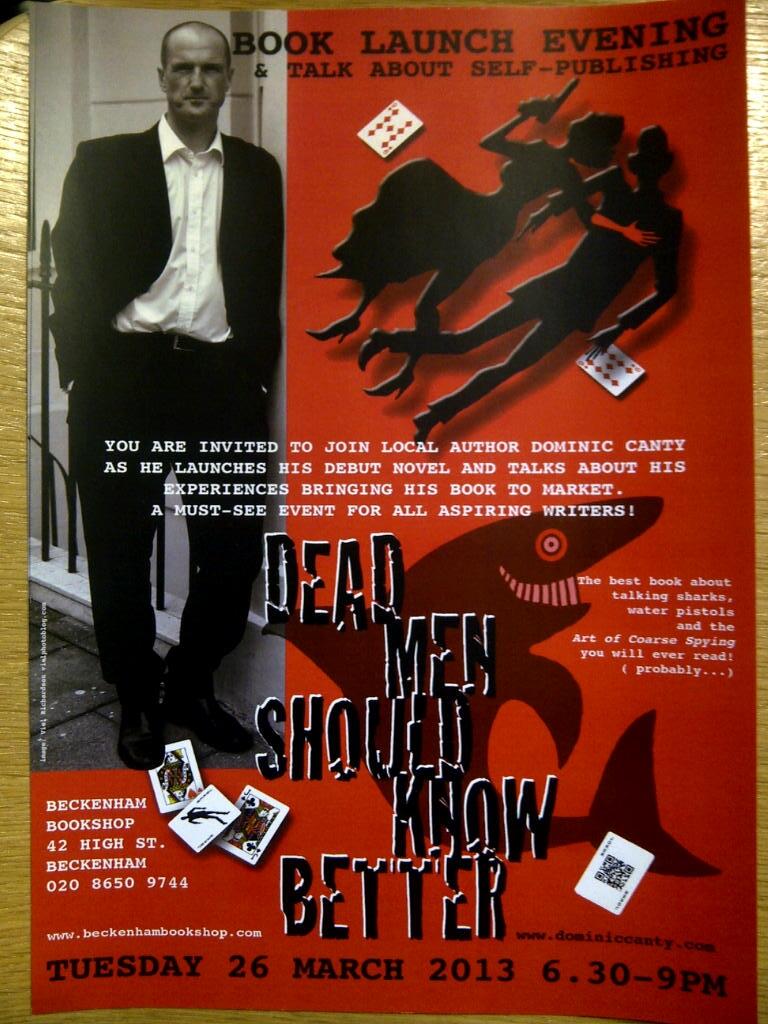This seems to have been a year for Berlin. A reacquaintance with the city thanks to the arrival of the last in David Downing's "Station" series has led to a familiarity with it which particularly resonates in John Lawton's "Then We Take Berlin". While it covers ground that will be familiar to readers of "Lehrter Station" and "Masaryk Station", and the topics of survival, occupation, and the black market are common, there is still clear ground between the two authors' work.
Lawton without Troy doesn't always sit especially neatly, 2002's "Sweet Sunday", while a satisfying read in its own right, is oft forgotten when set alongside his series of Troy novels which have evolved from period police procedural to something a lot richer. While "Then We Take Berlin" is clearly located in the Troy universe, including direct crossover with the latter parts of "Black Out" it stands readily on its own feet and a reader could readily come to it with no knowledge of Lawton's previous work; indeed it would be fascinating to see what their intertextuality did to their understanding of the Troy universe and how they went on to approach Lawton's other works.
Holderness as a lead character takes a little getting used to. Thief, spy, and somewhat unsuccessful rogue, he is the sort of character who more often might be found as a more minor, morally ambivalent, player in a Troy novel. Where Lawton succeeds here is in drawing out the interesting threads in this sort of part and using this different perspective to allow him to weave more of the mid 20th century tapestry than is possible within the relatively narrow constraints of a Metropolitan Police officer.
With chronological coverage running from 1944 London to 1963 Berlin, the contrasts in living conditions and style are picked out, little details bringing a period that is increasingly foreign to most readers to more vivid life. Written with a wry sense of humour, and punctuated with links to other elements of 20th century culture, from the obvious Leonard Cohen reference at the start (with initial elements of the novel taking place, you guessed it, in Manhattan), to a slightly contrived but still effective nod to "The Third Man" in Vienna, this is a book that rewards taking time over it and appreciating the many subtleties that run through the otherwise well paced narrative.
Over time Lawton seems to have taken steps away from the mainstream. "Black Out" could almost be likened to an episode "Foyle's War", while more recent works, most notably "A Lily of the Field" or "Second Violin" are altogether more cerebral and almost abstract. "Then We Take Berlin" probably isn't a reboot of the series that brings it back to a more populist audience, and indeed several other reviewers seem baffled by the ending, but it's probably a step back towards greater accessibility. It probably won't sell like hot cakes, Lawton never really seems to; this is a shame, "Then We Take Berlin" is a very real contender for most satisfying book of 2013.
Don't just take my word for it. Listen to Lawton himself talk about and hint at some of the real richness you'll find in here.
Lawton without Troy doesn't always sit especially neatly, 2002's "Sweet Sunday", while a satisfying read in its own right, is oft forgotten when set alongside his series of Troy novels which have evolved from period police procedural to something a lot richer. While "Then We Take Berlin" is clearly located in the Troy universe, including direct crossover with the latter parts of "Black Out" it stands readily on its own feet and a reader could readily come to it with no knowledge of Lawton's previous work; indeed it would be fascinating to see what their intertextuality did to their understanding of the Troy universe and how they went on to approach Lawton's other works.
Holderness as a lead character takes a little getting used to. Thief, spy, and somewhat unsuccessful rogue, he is the sort of character who more often might be found as a more minor, morally ambivalent, player in a Troy novel. Where Lawton succeeds here is in drawing out the interesting threads in this sort of part and using this different perspective to allow him to weave more of the mid 20th century tapestry than is possible within the relatively narrow constraints of a Metropolitan Police officer.
With chronological coverage running from 1944 London to 1963 Berlin, the contrasts in living conditions and style are picked out, little details bringing a period that is increasingly foreign to most readers to more vivid life. Written with a wry sense of humour, and punctuated with links to other elements of 20th century culture, from the obvious Leonard Cohen reference at the start (with initial elements of the novel taking place, you guessed it, in Manhattan), to a slightly contrived but still effective nod to "The Third Man" in Vienna, this is a book that rewards taking time over it and appreciating the many subtleties that run through the otherwise well paced narrative.
Over time Lawton seems to have taken steps away from the mainstream. "Black Out" could almost be likened to an episode "Foyle's War", while more recent works, most notably "A Lily of the Field" or "Second Violin" are altogether more cerebral and almost abstract. "Then We Take Berlin" probably isn't a reboot of the series that brings it back to a more populist audience, and indeed several other reviewers seem baffled by the ending, but it's probably a step back towards greater accessibility. It probably won't sell like hot cakes, Lawton never really seems to; this is a shame, "Then We Take Berlin" is a very real contender for most satisfying book of 2013.
Don't just take my word for it. Listen to Lawton himself talk about and hint at some of the real richness you'll find in here.
















